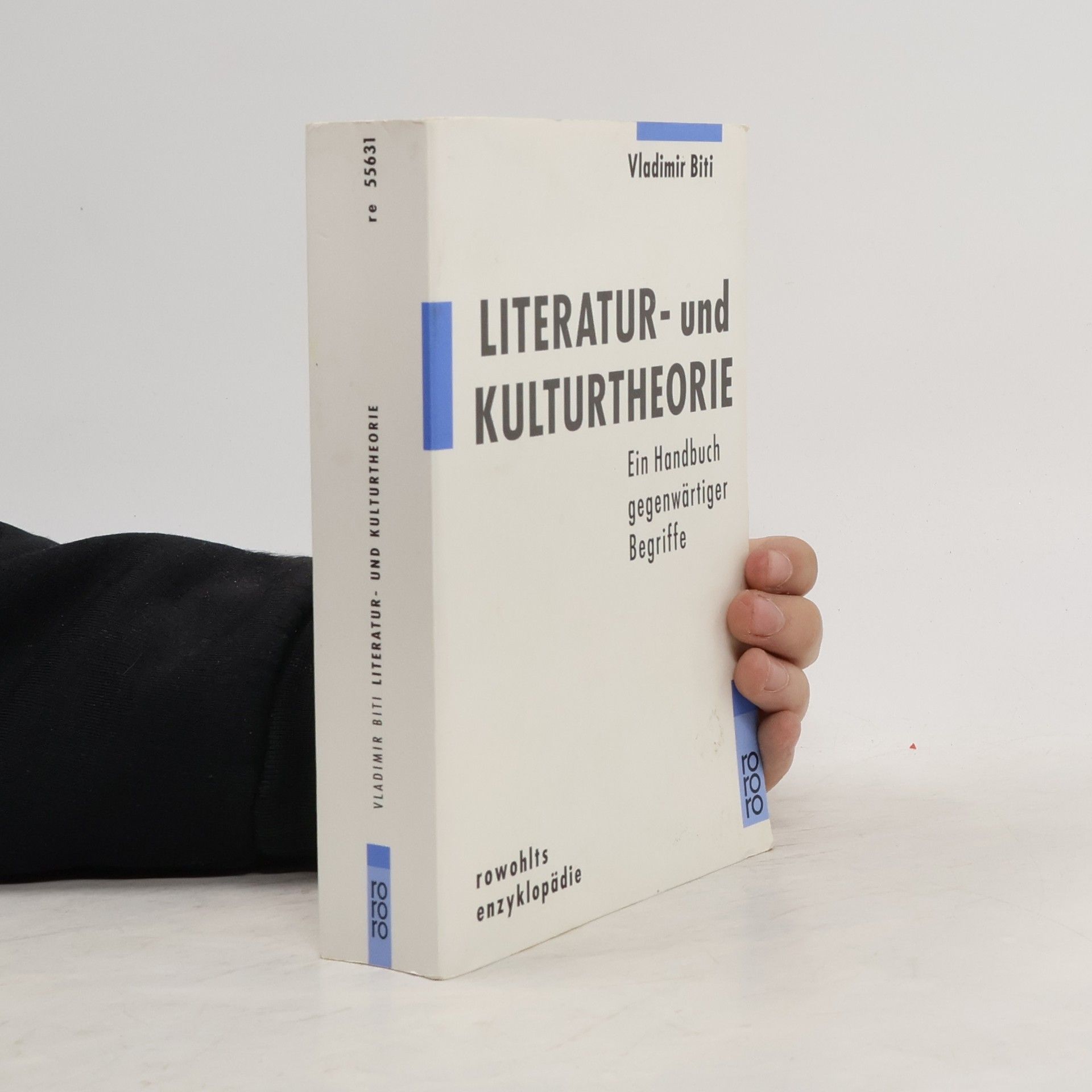Focusing on the traumatic aftermath of the dissolution of East-Central European and West European empires, the book explores transnational literary alliances through the works of Franz Kafka and J.M. Coetzee. It analyzes how Kafka represents the transition from sovereign to disciplinary governance, while Coetzee reflects the shift from colonial assimilation to regeneration. Through close readings, the text reveals how both authors respond to the reconfiguration of power relations in their narratives, highlighting the instability of post-imperial literature and the loss of transcendental guarantees in human experience.
Vladimir Biti Livres
Cet auteur explore les liens complexes entre la littérature, la théorie et la culture. Son œuvre navigue dans les profondeurs de la narration, examinant comment les textes construisent et interrogent les récits, et explorant le thème de la 'domestication de l'autre'. À travers un cadre théorique rigoureux et une profonde compréhension des traditions littéraires, il offre de nouvelles perspectives sur la manière dont les textes révèlent des significations cachées et façonnent notre compréhension de l'histoire et de l'identité. Son approche se caractérise par une analyse méticuleuse et des aperçus pénétrants de ce qui rend la littérature pertinente.


Ovaj je Pojmovnik predobar za naše pojmove. -Feral Tribune Bitijeva je knjiga za naše prilike nevjerojatan kompendij suverenog znanja o kretanjima u suvremenoj književnoj teoriji s najsvježijim informacijama kao začinom dobru jelu: u bližoj budućnosti mnogima neće biti jasno kako se ova knjiga pojavila sada i ovdje. -Siniša Nikolić, Slobodna Dalmacija Najozbiljnija i najsveobuhvatnija teorijska ukoričena pojava na nebu hrvatskoga promišljanja književnih teorija, a koju je osmislio i realizirao samo jedan stručnjak. -Jasen Boko, Slobodna Dalmacija Pojmovnik se široko otvara kako prema cjelokupnoj humanistici - filozofiji, psihologiji, sociologiji, lingvisitici - tako i prema pravu, teoriji informacije, neurosemiotici i dr. Pred sobom dakle imamo svojevrsnu summu mnogih bitnih aspekata kulture 20. stoljeća. -Josip Užarević, Vijenac